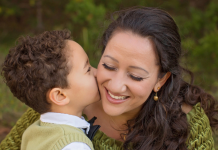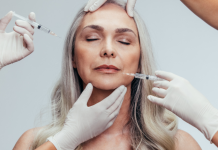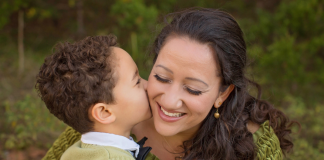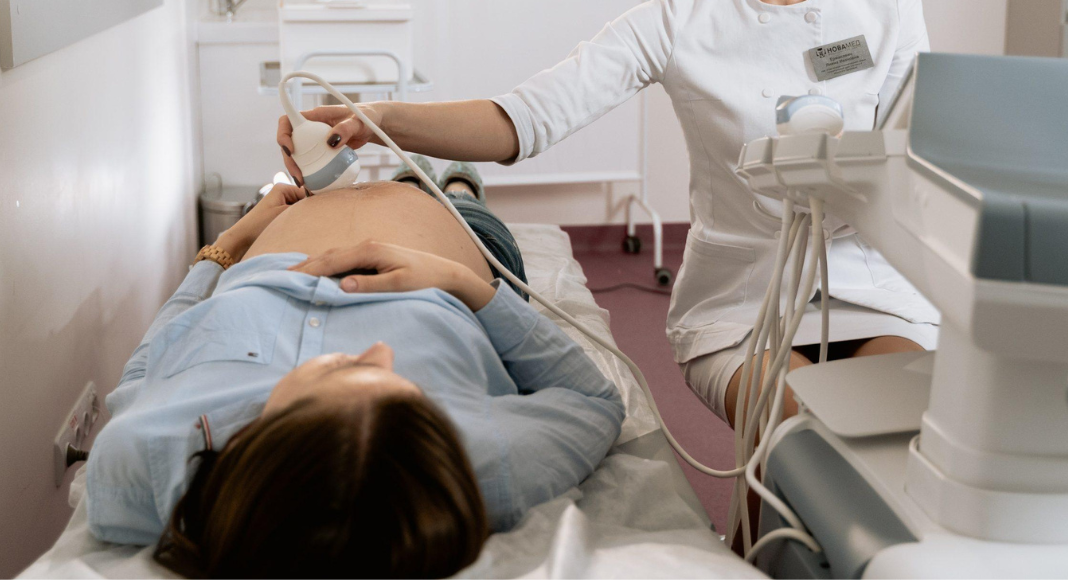 What is PCOS (Polycystic Ovarian Syndrome)?
What is PCOS (Polycystic Ovarian Syndrome)?
Although PCOS is the most common hormone disorder in women, many people have no idea what that acronym entails. I had heard it in passing or on TV but never thought to learn more. It wasn’t until I was 26 that my OBGYN explained it to me — when I was diagnosed with PCOS: an imbalance of the reproductive hormones in the female body.
That imbalance of hormones leads to the sacs within the ovaries being undeveloped, creating a mass of harmless follicles. These sacs are often unable to release eggs, which makes it difficult, or even impossible, for the body to ovulate. PCOS can also feature excess androgen, or high levels of “male” hormones, which manifests in physical symptoms like excess body hair. Women with this hormonal disorder may also experience irregular periods and uncontrolled weight gain.
The Years Before I Knew . . .
My first period hit at, what I considered, the worst time. I was 12 years old and in the bathroom at my grandparents’ house. The only people home were my younger sister and my grandpa. My mom was 800 miles away, at home. Between the ages of 12 and 18, I can only remember having normal periods. I had the cute, overly pink tracking app on my iPod touch and was usually in that 28-day cycle.
Then I started on birth control. I distinctly remember my OBGYN not going over anything about The Pill with me. I was just given the prescription and sent on my way. I guess she hoped that this random high school senior would take the time to sit and read the USA-map-sized instruction guide tucked inside the box. I did not. I had ADHD and remembering medication has never been my strong suit.
I maintained that 28-day-ish cycle for another year or so until I switched to Nexplanon. My best friend had just gotten the Nexplanon implant, so I figured why not? Again, no one should trust anyone with “-teen” at the end of their age to do the research before making decisions. I heard one positive experience and ran with it. My OBGYN did not talk to me about the side effects. She simply popped into the room, shot a little rod into my arm, and said “See ya at your pap smear!” — how informative.
My periods never went back to normal, even after going back to the traditional pill three years later. They would show up 48 days apart. Or 62 days. Or 97 days. The longest cycle I had, 108 days, only came to an end because my new OBGYN prescribed me a pill pack to jump-start a period. Any time I went to a doctor, I would kind of laugh off the fact that I couldn’t give them a date for when my last period was. They were too far apart to keep track of most of the time. Despite mentioning my irregular periods and even having tests ordered by my OBGYN to check my thyroid (that pesky weight gain) . . . no one ever mentioned PCOS.
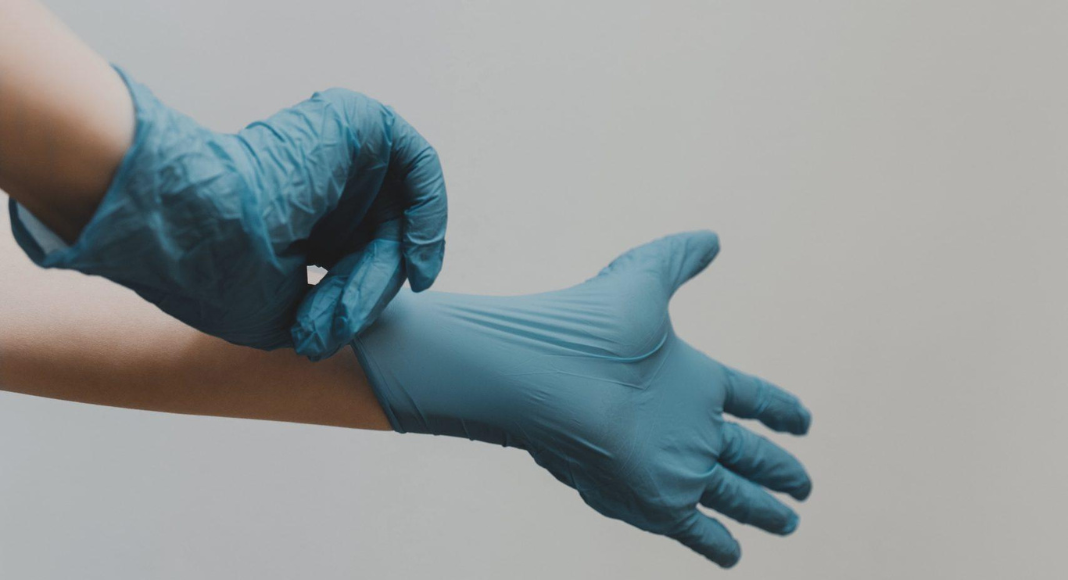 Testing and the Diagnosis
Testing and the Diagnosis
To diagnose PCOS, doctors usually expect the patient to have at least two out of three common issues that present in PCOS: excess androgens, irregular periods, and multiple small “cysts” across the ovaries. One of these on its own doesn’t necessarily mean you have PCOS. My OBGYN had explained these criteria to me as I sat, fidgeting in the paper gown, staring blankly at her. I stopped listening after she said I would need a transvaginal ultrasound.
It wasn’t as awful as I had convinced myself it would be. The ultrasound showed multiple little cysts, like a string of pearls, around my ovaries. I had bloodwork done to check my androgen levels. Those tests came back normal. I was presenting two of the three typical criteria: cysts and irregular periods.
PCOS, Fertility, and Motherhood
I was living in Virginia Beach, for my husband’s temporary work assignment, when I was diagnosed with PCOS. My family and friends were still here in Charleston. This was also during the pandemic and I found myself doing something I had said I never would: downloading TikTok. There was one afternoon, a week after my diagnosis, that I was curled up on the couch, scrolling through TikTok. I wound up crying while watching other women share their stories of how they had believed their diagnosis meant they would never be mothers. Then they would, through happy tears, reveal their pregnancy and birth stories.
It gave me this strange mix of both sadness and hope. My doctor was optimistic but reminded me that it was likely that I would need medication to get pregnant.
I had an appointment scheduled for discussing medication in March of 2022. In January of 2022, I began feeling incredibly ill and spent all day shivering. Suddenly I was always dizzy and my heart rate would race around 130 bpm, even if I was just sitting down. After a phone call to my mom, I took a pregnancy test. I thought it was silly; there was no way. I’d had no signs of ovulation and no period since the start of October.
Yet that test turned positive almost instantly.
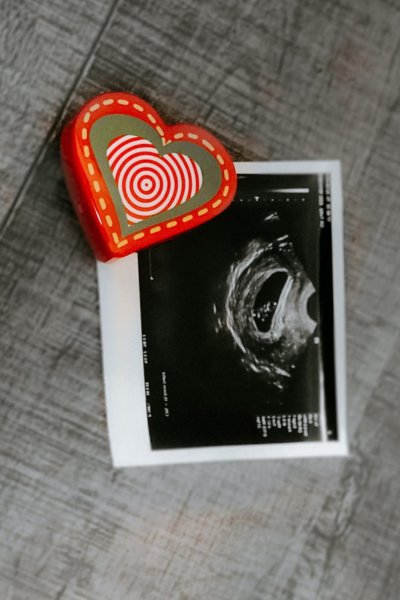 My OB couldn’t explain it. The nurses were baffled when I came in for that seven-week confirmation scan and told them my last cycle date. I’ll never know what happened or what stars aligned to bring me my son, but wow am I glad things worked out the way they did.
My OB couldn’t explain it. The nurses were baffled when I came in for that seven-week confirmation scan and told them my last cycle date. I’ll never know what happened or what stars aligned to bring me my son, but wow am I glad things worked out the way they did.
Postpartum, I decided to go with an IUD because we are happy with our life as a family of three. I know this route means more irregular periods — or maybe none at all — but I’m happy to be going in knowing that my body works a bit differently.
What I Wish I Had Known Sooner
- My body is not broken.
- PCOS is the most common hormonal disorder in women. I am not alone.
- A diagnosis of PCOS does not always mean you will never have children.
- If you don’t make time for your health, your health will make time for you.
- Motherhood looks different for everyone and that is okay — a good thing, even.
- Don’t discredit the things your body is capable of.
- Worrying means you suffer twice (as said by Newt Scamander).
Resources for PCOS
- The Four Types of PCOS
- PCOS Divas Podcast
- Nutrition
- PCOS Awareness Association
- PCOS to Wellness
- Laura Briden & her book


